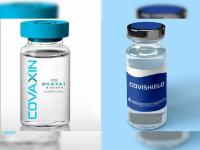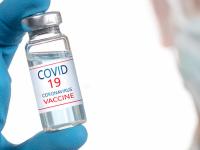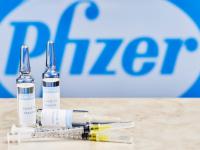Pfizer, AstraZeneca Vaccine antibody levels may decline in 2 3 months says Lancet study
By Lokmat English Desk | Published: July 28, 2021 11:06 AM2021-07-28T11:06:55+5:302021-07-28T11:06:55+5:30

The second wave of corona in the country is slowly receding. The number of corona patients has been declining for the past several days. This has reduced the stress on the health system.
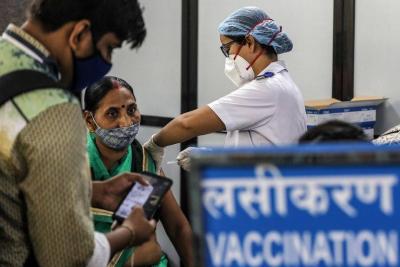
Although the number of corona patients is declining, the risk of a third wave remains. Vaccination needs to be stepped up to avoid this risk. However, at present, the pace of vaccination has slowed down due to shortage of vaccines.
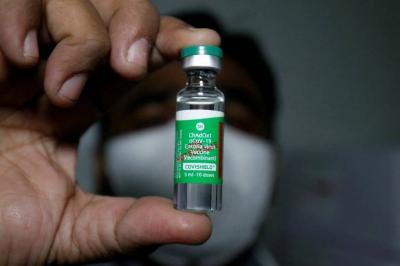
Two vaccines are being used the most in the corona vaccination campaign. Covishield and Covaxin vaccines are mainly used. Many have received the Covishield vaccine because of its high serum production capacity.
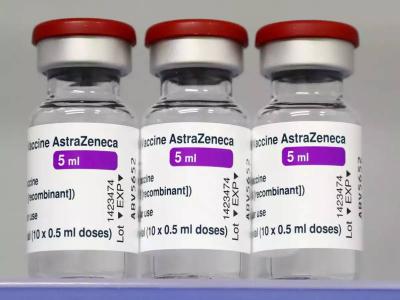
A study report published in the Lancet Journal has raised concerns among those who have been vaccinated with the Covishield vaccine. Research has shown that the levels of antibodies to Pfizer and AstraZeneca vaccines decrease after 6 weeks.
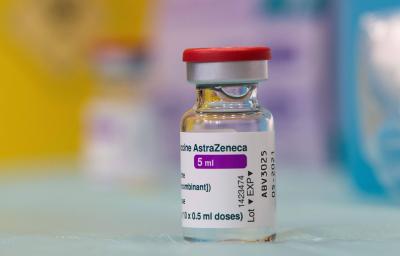
AstraZeneca vaccine is available in the country under the name Covishield. The vaccine was studied by researchers at University College London (UCL). Research has shown that antibodies produced after taking both the doses of AstraZeneca and Pfizer vaccines fall below 50 percent after 10 weeks.
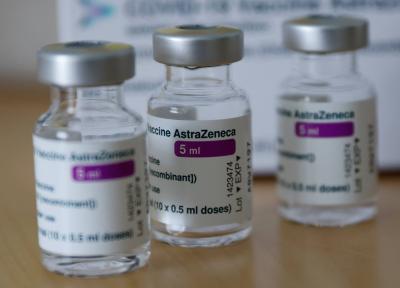
Researchers fear that if the antibodies produced after the AstraZeneca and Pfizer vaccines continue to decrease at the same rate, the protection against the corona virus will decrease.
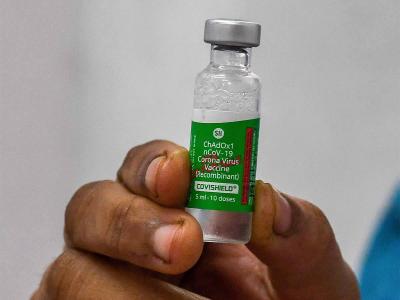
Research has shown that the amount of antibodies produced after taking both doses of Pfizer is higher than the amount of antibodies produced after taking two doses of Covishield vaccine.
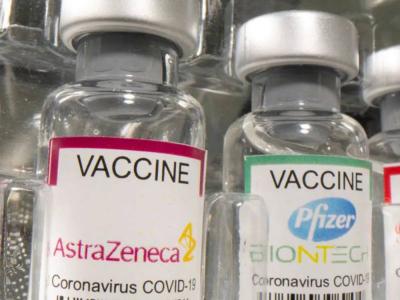
The amount of antibodies in the body is very high after taking both doses of AstraZeneca and Pfizer. That is why the body is protected from the corona virus at that time, said Madhumita Shrotri of UCL Institute.
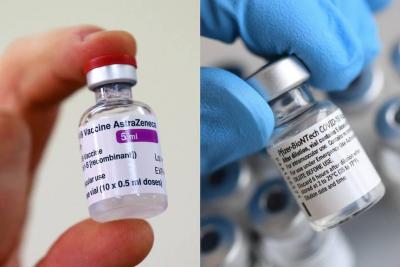
After two doses of the Pfizer and AstraZeneca vaccines, the levels of antibodies drop rapidly within two to three months, Shrotri said.
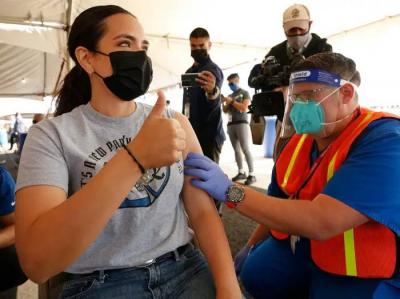
This information came from a study of more than 600 people over the age of 18. This included men and women.


















